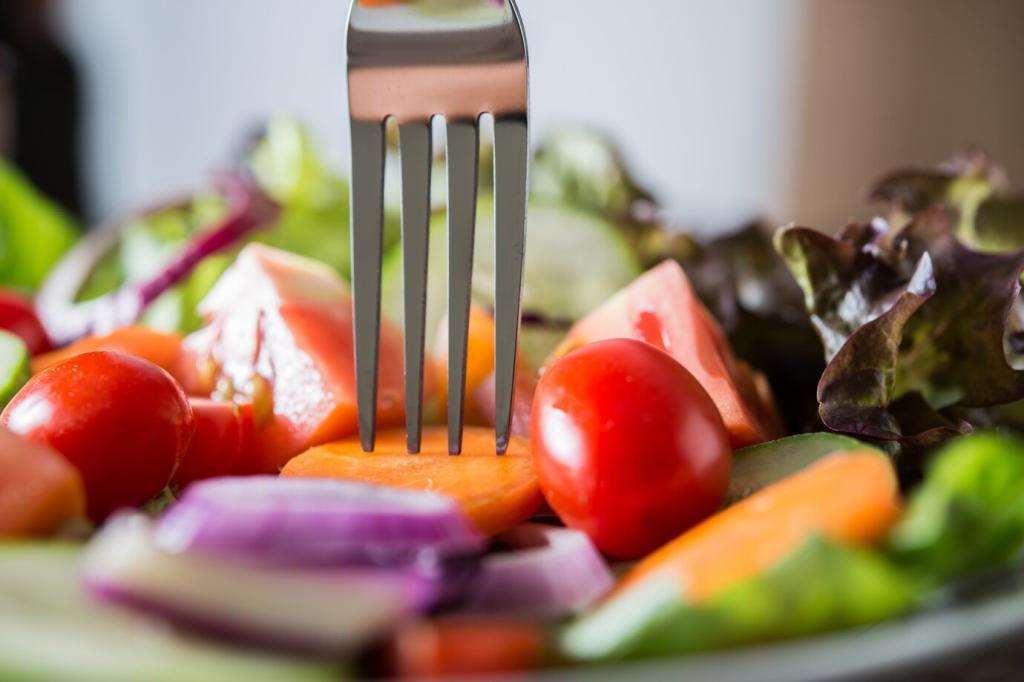Protein Needs for Optimal Athletic Performance
Today’s chosen theme: Protein Needs for Optimal Athletic Performance. From daily targets to timing, sources, and smart strategies, discover how protein fuels adaptation, recovery, and consistent progress. Share your goals below and subscribe for evidence-backed, athlete-friendly insights.

How Much Protein Do Athletes Really Need?
Daily grams per kilogram explained
Most athletes thrive between 1.6–2.2 g/kg per day, while very heavy training or energy deficits may push needs slightly higher. Start mid-range, track recovery and performance, then adjust deliberately based on measurable outcomes.
Adjusting needs across training cycles
During high-volume phases, prioritize the upper range to support tissue repair; in taper or skill-focused blocks, maintain adequacy but avoid unnecessary excess. Align intake with your weekly schedule, body weight goals, and soreness trends.
A quick story: the runner who under-ate protein
Maya, a half-marathoner, hovered near 0.9 g/kg and felt constantly sore. After moving to 1.8 g/kg and spacing intake, soreness subsided, sleep improved, and tempo runs finally clicked. Small changes produced outsized benefits.
Evenly spread protein across meals
Aim for roughly 0.25–0.40 g/kg per meal, hitting about 20–40 grams for most athletes, three to five times daily. Consistent pulses stimulate muscle protein synthesis repeatedly, driving lean mass retention and long-term performance improvements.
Pre- and post-workout windows
A balanced pre-session meal supports performance, while 20–40 grams within two hours post-training helps repair and adapt. Pair with carbohydrates to replenish glycogen. Perfection isn’t required—reliability and routine deliver the biggest payoff.
Before-sleep casein strategy
A slow-digesting protein serving before bed, like Greek yogurt or casein, supports overnight muscle protein synthesis. Many athletes report better morning readiness and reduced soreness. Try it consistently for two weeks and share your experience.

Quality Matters: Amino Acids, Leucine, and Bioavailability
Around 2–3 grams of leucine per meal helps trigger muscle protein synthesis. Dairy, whey, eggs, and lean meats are rich sources. Plant-forward athletes can reach the threshold by slightly increasing portions or combining complementary proteins wisely.

Cutting, Bulking, and Weight-Class Sports
During calorie deficits, increase protein toward 2.0–2.4 g/kg, lift heavy, and keep fiber high for satiety. Distribute protein evenly and guard rest days. Track strength maintenance and rate of loss to safeguard lean mass and performance.
Myths, Safety, and Practical Planning
Debunking kidney and bone myths
In healthy athletes, higher protein intakes within recommended ranges are considered safe. Hydration and balanced minerals matter more. Those with medical conditions must consult professionals. Monitor labs if concerned, and prioritize whole-food variety whenever possible.
Supplements with purpose
Whey or soy isolate offers convenient, high-leucine protein. Casein supports overnight recovery. Collagen plus vitamin C, taken 30–60 minutes pre-load, may aid tendons and ligaments. Supplements are tools, not shortcuts—consistency and training quality still lead outcomes.
Build your personal protein plan
Set a daily target, divide across meals, anchor each meal with a quality source, and prepare two backup options for hectic days. Track soreness, sleep, and performance. Share progress, subscribe for weekly playbooks, and refine your plan with our community.

